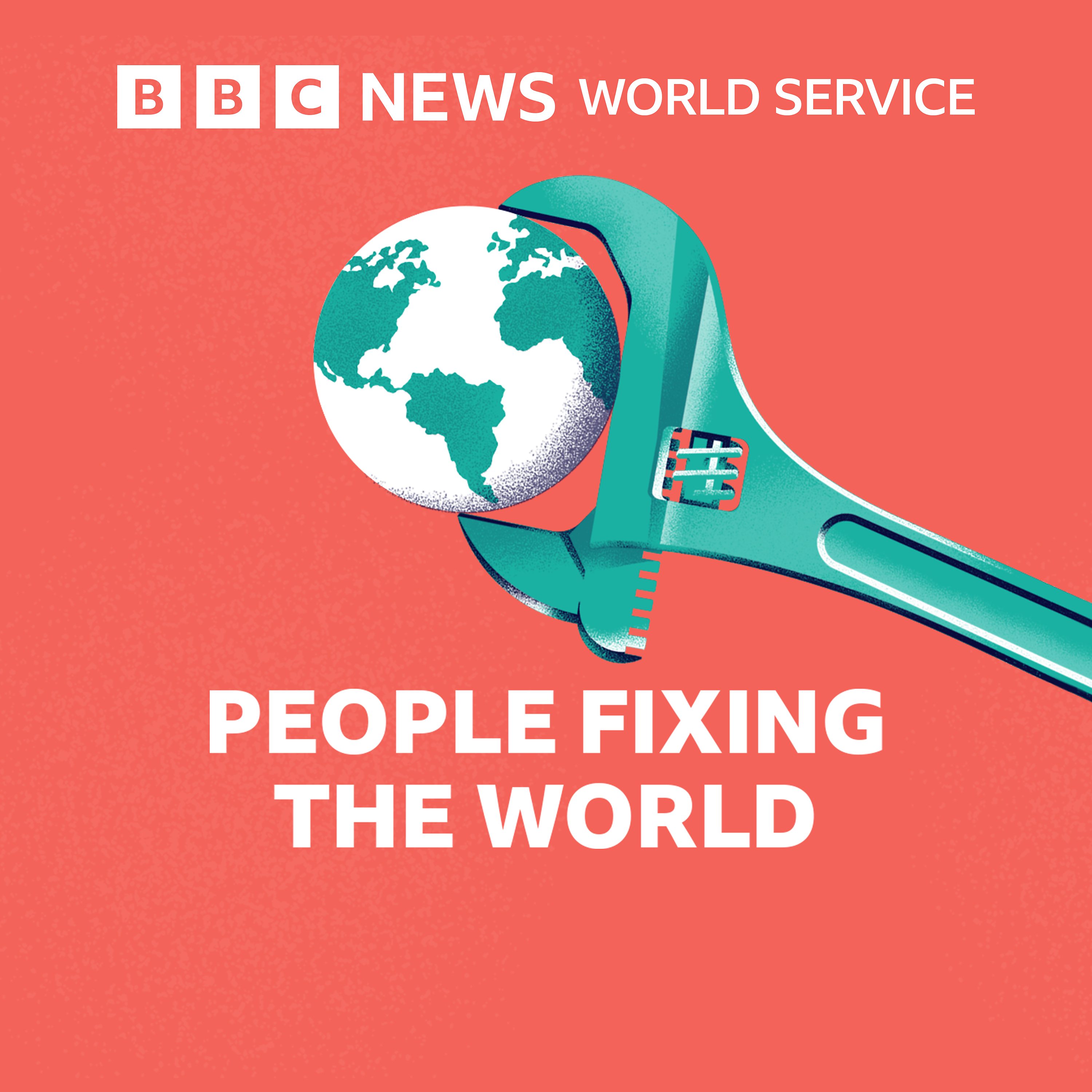
People Fixing the World
Jun 4, 2024
What we wear helps us express ourselves and communicate to others in the most immediate way. But the tools we frequently use to do that, such as clothing and haircare are not available to everyone equally.
One in six of us has a disability of some sort - according to the World Health Organisation - but most clothing and beauty brands don’t take account of that. From making shops accessible to catering for differences in design and size, few companies address these particular needs.
This week on People Fixing The World we’re talking to people trying to change that. Hair and Care is a London-based hairstyling workshop which helps people with visual impairments take better care of their hair.
Plus, we bring together two entrepreneurs who’ve brought adaptive clothing to Africa and Asia allowing people with disabilities to fully express themselves in the way they dress. We also meet the UK-based adaptive clothing company that could affect the way we all dress – by working with technology companies to develop a scanner that will help in tailoring for all body shapes.
Presenter: Myra Anubi Reporters: Emma Tracey, Claire Bowes Producer: Claire Bowes Series Producer: Jon Bithrey Editor: Tom Bigwood Sound mix: Hal Haines
(Image: Wearapy model photoshoot)

